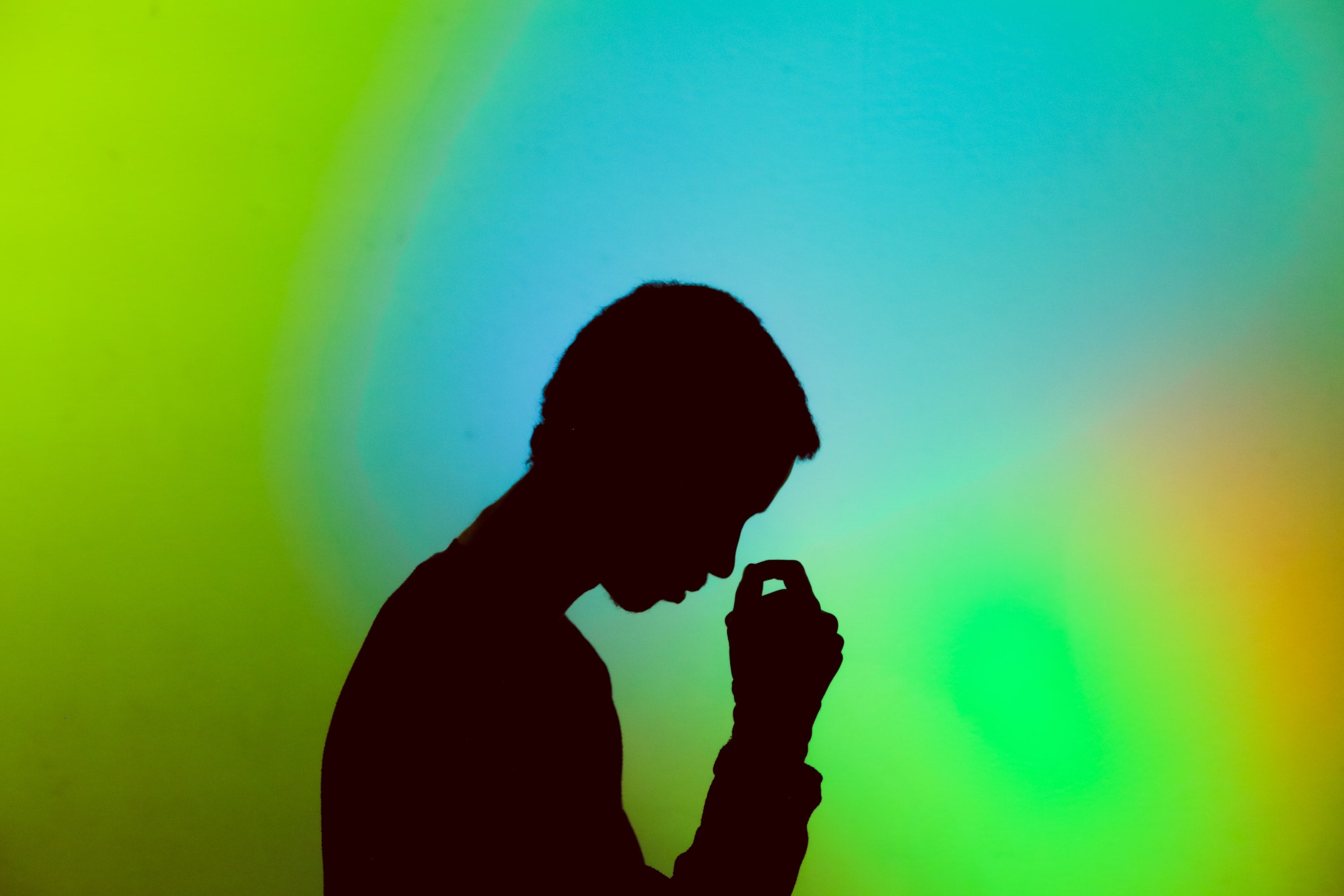Are you tossing and turning at night, unable to get the sleep you need? Are you feeling anxious, stressed, or just plain down in the dumps? It might seem like these issues have nothing to do with one another, but they’re actually closely connected.
In this article, we’ll explore the connection between sleep and mental health, explain how getting a good night’s sleep can support better mental well-being, and provide practical tips for improving your sleep.
The Connection Between Sleep and Mental Health
It’s no secret we need adequate sleep for our physical health. Not getting enough shut-eye has been linked to several unfavorable health consequences, including obesity, heart disease, and type 2 diabetes.[*] But how does sleep affect mental health?
The connection between sleep and mental health is complex. It’s well established that poor sleep is a common symptom of various mental health disorders, such as anxiety, depression, bipolar disorder, post-traumatic stress disorder, ADHD, and schizophrenia.[*]
More recent research, however, suggests that inadequate sleep can not only be a symptom of mental health issues, but can also contribute to the development and continuation of conditions like anxiety, depression, bipolar disorder, and schizophrenia. Here are some studies that demonstrate this connection:
- A review of 21 studies revealed that individuals suffering from insomnia are twice as likely to experience depression compared to those without sleep difficulties.[*]
- A 2017 review of research found that insomnia often preceded the development of depression, anxiety disorders, and bipolar disorder. This review also found a link between insomnia and an increased risk of suicide.[*]
- A 2020 study found an association between sleep problems in early childhood and the development of psychosis and borderline personality disorder in adolescence.[*]
Simply put, mental health struggles can lead to sleep problems, and sleep problems can lead to changes in mental health. This relationship creates a looping cycle, making it easy to fall into the trap of steadily worsening sleep and mental health.
The Impact of Poor Sleep on Your Mental Well-Being
Poor sleep doesn’t always lead to diagnosable mental health conditions, but for the majority of people, it does cause one or more of the following mental symptoms:
#1: Brain Fog
A good night’s sleep is crucial for the brain to function at its best. When we don’t get enough sleep, we may experience daytime sleepiness and brain fog, which can make it hard to focus, concentrate, and remember things.[*] This impacts productivity and can make even simple tasks feel overwhelming.
#2: Mood Changes
Lack of sleep can significantly impact our mood and emotional well-being. Studies have shown that individuals who don’t get enough sleep may experience increased irritability, anxiety, and low mood.[*]
Furthermore, sleep loss can lead to increased feelings of anger and aggression. This is because when we’re sleep-deprived, it becomes harder for the brain to control the reactivity of the amygdala—the emotional center of the brain.[*]
#3: Behavior Changes
Have you ever wanted to (metaphorically) bite someone’s head off after a night of poor sleep? This is a common experience. A lack of sleep is known to affect behavior, leading to impulsiveness, hyperactivity, and emotional outbursts.
When sleep-deprived, we may find ourselves easily agitated and quick to react negatively, such as yelling at someone for a minor mistake or overreacting to small things that annoy us.[*]
#4: Increased Stress
Sleep deprivation can make it harder to handle even small stressors in daily life. Things that would typically be manageable may turn into major sources of frustration. This can leave us feeling overwhelmed and frazzled by everyday occurrences.
Additionally, worrying about poor sleep quality can also create stress, which further hinders sleep, which then creates more stress—on and on it goes.
How Much Sleep Do You Need?
While the amount of sleep a person needs varies, the American Academy of Sleep Medicine (AASM) suggests that adults should aim to get at least seven hours of sleep per night to maintain optimal health and functioning.[*]
Most adults find they require between 7-9 hours of sleep to feel and function their best.
CBT-I for Sleep Issues
Improving your quality and quantity of sleep is not a stand-alone solution for mental health issues, but it can play an important role in a comprehensive treatment plan. One treatment for sleep disorders that shows promise is cognitive behavioral therapy for insomnia (CBT-I).
In a study of over 3,700 participants with insomnia, some participants were given CBT-I as treatment, while others didn't receive any treatment.[*] The study found that individuals who received CBT-I experienced significant improvements in depression, anxiety, paranoia, nightmares, and overall well-being.
With CBT-I, a therapist helps you address thoughts and feelings that may be keeping you from falling and staying asleep. You’ll also learn relaxation techniques to prepare you for rest.
At-Home Tips for a Better Sleep
In addition to seeking professional help, there are steps you can take on your own to improve your sleep. These include:
- Limit napping: Excessive sleep during the daytime can negatively impact your ability to fall asleep or stay asleep at night. Napping for a short period of time (20-30 minutes max) can improve alertness and restfulness without disrupting your nighttime sleep.
- Create a bedtime routine: Consistently engage in activities that promote relaxation before bed. Examples include taking a bath, reading, or doing a few minutes of meditation. This will help signal to your body that it’s time to sleep, and increase the chances of having a good night’s rest.
- Stick to a sleep schedule: Try to go to bed and wake up around the same time every day (even on the weekends!). This will help your brain establish a healthy circadian rhythm—a natural, internal process that regulates the sleep-wake cycle.
- Avoid stimulants and alcohol close to bedtime: Drinking coffee, soda, or other caffeinated drinks in the evening can make it hard to fall asleep. Alcohol may relax you initially, but it can cause sleep disturbances throughout the night.[*] Instead of reaching for these vices, choose healthy pick-me-ups like IQBAR—a vegan and keto protein bar—and IQMIX—a hydration mix. Both IQBAR and IQMIX contain brain-supporting nutrients that provide a boost without negative side effects.
- Put your devices away: The stimulation from television and mobile phones can make it harder to relax and prepare for sleep. Try turning off electronic devices an hour or two before bedtime to improve your ability to fall asleep.
The Bottom Line
The importance of sleep can’t be overstated for your mental health. It works as a two-way street: poor sleep can trigger mental health problems and mental health problems can trigger sleep problems.
If basic sleep hygiene protocols aren’t helping to improve your sleep enough, don’t hesitate to reach out to a healthcare professional who can support you on your quest for more restful Z’s.


